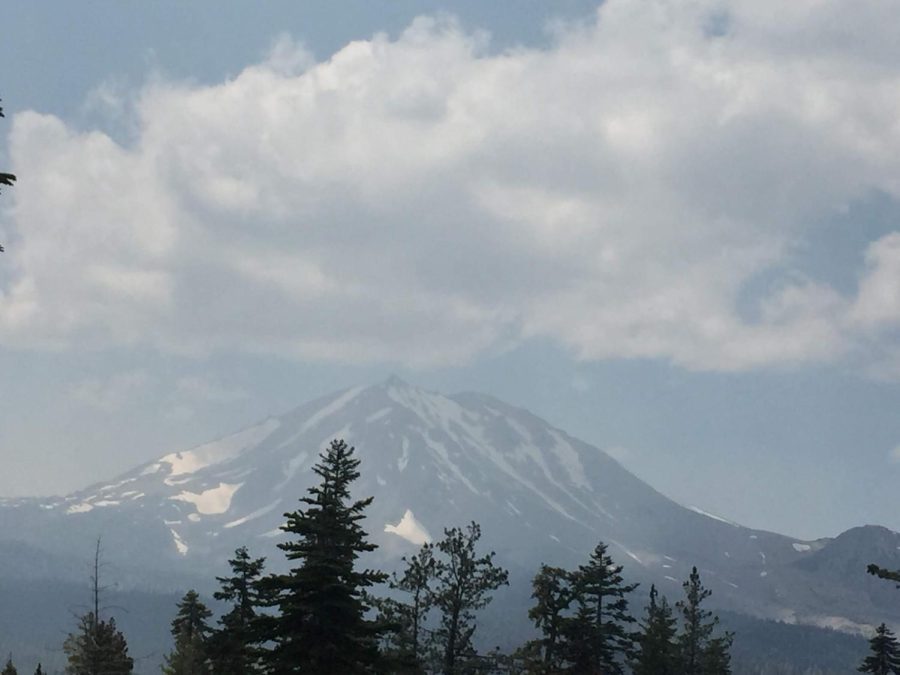‘The Alpinist’ review: the contradiction of Marc-Andre LeClerc
A review of the film “The Alpinist” and a reflection on the legacy of Marc-Andre LeClerc.
Marc-Andre LeClerc was famous for never telling anyone before his biggest climbs.
At the heart of rock climbing and alpinism is an eternal contradiction. The conquering of a mountain is seen as one of man’s ultimate feats, and those who do so are held at a legendary status. However, if a climber is to die in the mountains –whether it be by fall, cold or avalanche– then their quest is unjustifiable. There’s no obvious way to justify someone’s death in the name of climbing a large mound of rock, at least not to their friends and family.
This contradiction is explored by the new documentary “The Alpinist”, in ways that have never before been put to film. “The Alpinist” chronicles the adventures of Canadian mountain climber Marc-Andre LeClerc, a humble young man out of Squamish, British Columbia. The film documents LeClerc as he becomes the most prolific alpinist of the 21st century.
LeClerc is a solo alpinist, meaning he climbs 10,000-foot peaks with only the clothes on his back and the ice picks in his hands. No rope. No partner. LeClerc reportedly once brought only two pieces of gear with him for a six-month expedition to the Patagonia mountains.
Many people were exposed to the calculated madness of Alex Honnold when he became the first person ever to free solo El Capitan in Yosemite, but what LeClerc is doing seems to be a step further. Alex Honnold is a frequent interview subject in this documentary, and he explains this discrepancy in danger quite simply. Honnold says his climbing medium is rock, which is sturdy and reliable. LeClerc instead chooses a mixture of ice, rock and snow, making for a much less stable environment where a poorly placed pick can lead to an avalanche.
Another way in which LeClerc’s quests seem even more dangerous is his preparation. Honnold typically solos a route only after he’s lead climbed it multiple times and knows all the proper moves. LeClerc opts instead to enter most challenges having never seen the mountain previously. He has to dissect the routes in real time, and tests each hold out of caution.
LeClerc also solos several frozen waterfalls, some stretching hundreds of feet into the air. Despite the fact that some of these formations didn’t exist a few days ago and could be gone in a week’s time, LeClerc Lines these formations with expertise and a strange familiarity.
Spoilers Alert
Anyone familiar with Marc-Andre LeClerc already knows how his story ends; even those who don’t probably could guess. There’s an amazing piece in Outside magazine that tracks the final days and movements of LeClerc. I recommend reading it also because he gives an even further look into LeClerc’s relationship with Brett Harrington, his girlfriend and climbing partner. There’s a pain that Harrington mentions that when imagined it seems almost unmatched and how cruel it is. Climbing and alpinism, things that were central to her and LeClerc’s lives together, ultimately killed him. She decides to continue climbing for his sake. There’s that contradiction again.
I think to call LeClerc dumb or arrogant or to say he had a death wish is very reductive. LeClerc relentlessly pursued his dreams in life, and was willing to put his life on the line to make them come true. The fact that he didn’t make it back down his final mountain doesn’t change the fact that he was still possibly the greatest climber of his generation. It’s quite possible there has never been another climber with the imagination, vision and drive that Marc-Andre LeClerc had.
However, does that make it worth it? If LeClerc had never decided to become a climber and was still here with us today, it’s undeniable that he would be a very different person. LeClerc is missed greatly by his friends and family, and it goes without saying that they wish he was still here. Fortunately, the version of LeClerc that wasn’t interested in climbing and was content to lead an ordinary life doesn’t exist. LeClerc’s unique love of life may have led him to an early grave, but it’s the reason we’re talking about him now. It’s the reason we’ll continue to talk about him for decades to come.
Your donation will support the student journalists of West High School. Your contribution will allow us to purchase Scholarship Yearbooks, newsroom equipment and cover our annual website hosting costs.

(he/him) Jack is the online copy editor & arts editor for WSS. He's a senior at west and is also involved in the west high Orchestra as a cellist....




